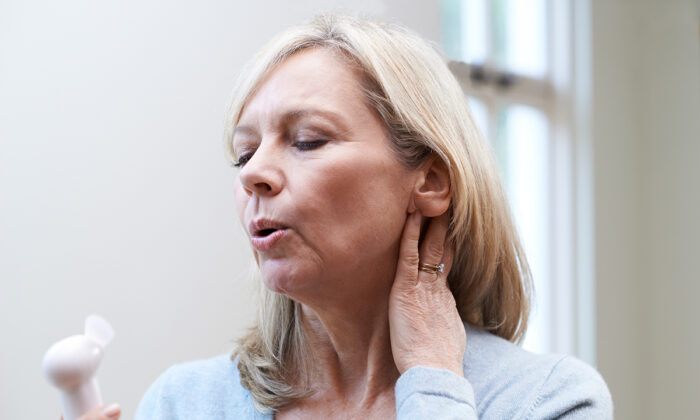For women navigating menopause, the age-old question takes on new meaning: to exercise or not to exercise? “These results indicate that acute increases in physical activity increase the odds of hot flashes that are objectively measured and subjectively reported during waking and sleeping periods,” the research team wrote. “Temperature increases were only related to subjectively reported nighttime hot flashes.” As a person exercises, their body temperature rises, and for women, that heat rise can put them at a higher risk of experiencing a hot flash, the researchers hypothesized.
In this newest study, researchers collected data from 270 women between the ages of 45 and 55. The women were at different stages of menopause, including premenopause, perimenopause, and postmenopause. The women, who lived in western Massachusetts, were monitored between October and April to continuously assess and measure hot flashes, physical activity, body temperature, and humidity.

The results showed that women had 31 percent greater odds of experiencing a hot flash following acute increases in physical activity. Likewise, hotter outdoor temperatures increased the likelihood a woman might experience a hot flash, but not as much as physical activity. Women had 72 percent higher odds of experiencing a hot flash during sleep following acute physical activity rises and a 38 percent greater likelihood during sleep with increases in temperature.
Humidity had no effect on hot flashes, the researc.
















